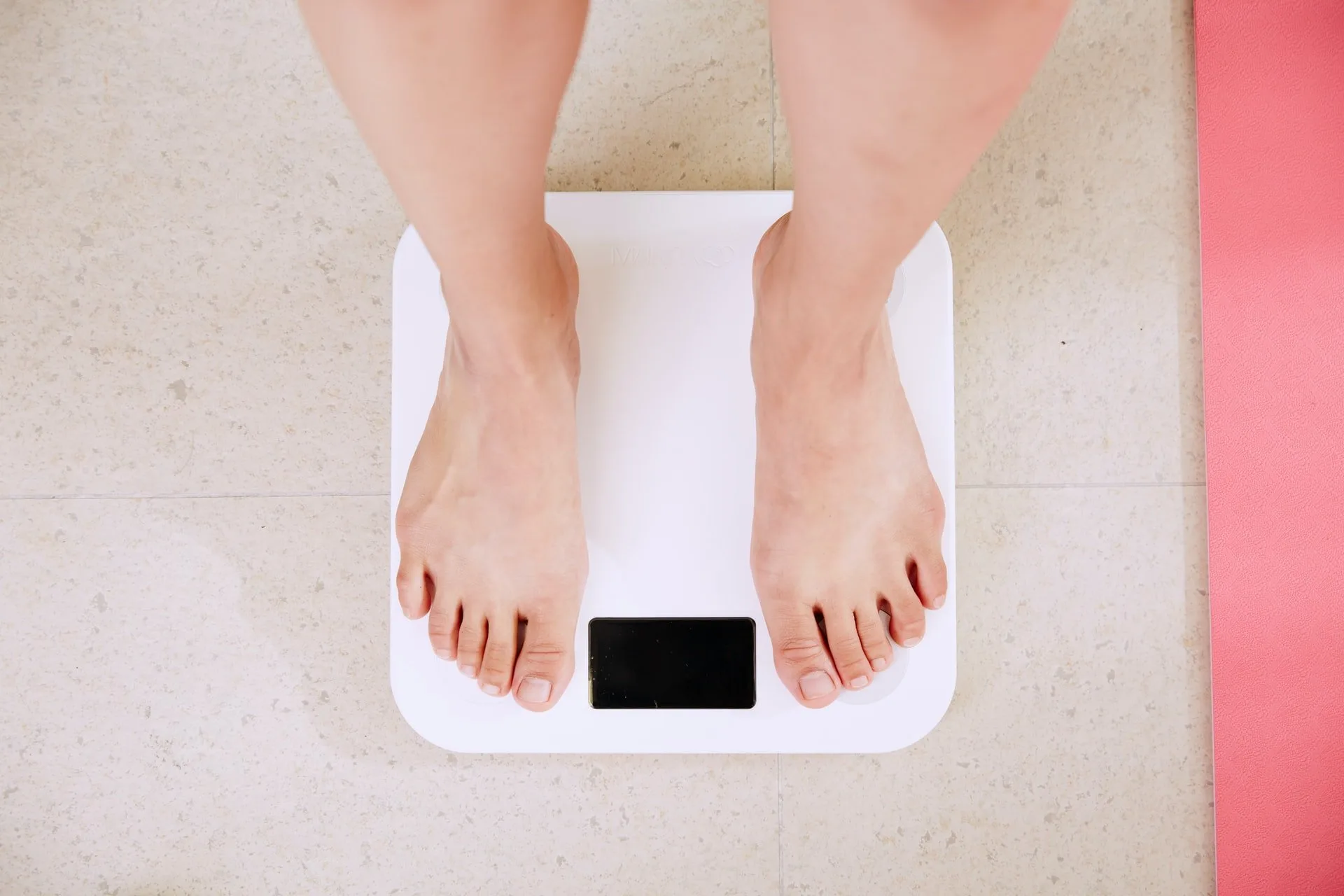Some of us look forward to a glass of red wine after a long day. Now with all the time we’ve spent in lockdown, a lot of us are also looking forward to enjoying shedding off those lockdown pounds. With that said, why can’t we combine the two? I mean, we’ve all heard about the potential benefits that red wine can provide, so perhaps weight loss is on the list?
Red wine and weight loss
What does the research say?
There have been a few studies over the years that have suggested that red wine can help encourage weight loss.
A study from Harvard examined 20,000 women over a period of 13 years and found that those who drank two glasses of wine daily were 70% less likely to be overweight.
Another study, courtesy of Washington State University, found that an antioxidant found in red wine – resveratrol – helped to convert ‘white fat’ into ‘brown fat’, which helps to burn calories.
How does red wine help weight loss?
1. Improves blood flow
Red wine can encourage healthy blood flow and research has suggested that healthy circulation can encourage calorie burn (1).
“Drinking moderate amounts of alcohol improves blood flow, which means not only are more nutrients being transported into cells but so is a more oxygen-a necessary component of fat burning” explains Chris Lockwood, Ph.D., C.S.C.S., president of performance nutrition consulting and R&D firm Lockwood, LLC.
2. Suppresses appetite
Alcohol can suppress your appetite, with red wine in particular increasing levels of the appetite-regulating hormone leptin (2).

Photo by Félix Girault on Unsplash
What about resveratrol?
Resveratrol is an antioxidant found in red wine.
According to studies, resveratrol is anti-inflammatory, and it’s also been found to help protect against diabetes and heart disease. In regards to weight loss, a meta-analysis published in the Critical Reviews in Food Science and Nutrition found that resveratrol intake significantly reduced weight, BMI, WC, and fat mass.
That said, more research is still needed to better confirm how well resveratrol can encourage weight loss.
Should I stock up?
To unwind after a long day? Sure. To start your weight loss journey? Not exactly.
First, professor Min Du, the author of the aforementioned Washington State University study, has noted that wine isn’t the most efficient way source of resveratrol.
“Many of the beneficial polyphenols are insoluble and get filtered out during the wine production process,” he says. So if you really want a good dose of resveratrol, then you’re better off enjoying grapes, blueberries, plums, strawberries, apples, or peanuts. You can also get resveratrol in supplement form.
Additionally, excess alcohol consumption can contribute to weight loss, especially when you remember that many alcoholic beverages such as Jack Daniel’s Barrel Proof are loaded with calories.

Photo by Daria Shevtsova from Pexels
How much red wine should I be drinking?
It’s all about moderation and according to leading nutritional experts, men should enjoy no more than 2 servings of alcohol per day and women should stick to a glass a day, especially since they generally have lower levels of alcohol dehydrogenase – the enzyme responsible for metabolizing alcohol.
In addition to monitoring your servings, it’s also advisable to stay clear of dessert wines. The reason they’re sweeter is that they’re higher in sugar, which means they’ll contain more calories per serving.
Conclusion
As much as you want to believe that red wine is the secret to shedding off those last few stubborn pounds, the truth isn’t as simple. Yes, a glass a day won’t shed the pounds away, but that doesn’t mean that you can’t enjoy its other potential benefits.
So, instead of worrying about that extra weight, why don’t you open a wine bottle and enjoy a glass with a delicious Mediterranean meal that will help to boost your mood and your health?

Photo by Chelsea Pridham on Unsplash
References
Abdelgawad, I. Y., Grant, M., & Zordoky, B. N. (2019). Leveraging the Cardio-Protective and Anticancer Properties of Resveratrol in Cardio-Oncology. Nutrients, 11(3), 627. https://doi.org/10.3390/nu11030627
Djurovic, S., Berge, K.E., Birkenes, B., Braaten, O., Retterstøl, L. (2007). The effect of red wine on plasma leptin levels and vasoactive factors from adipose tissue: A randomized crossover trial, Alcohol and Alcoholism, Volume 42, Issue 6, Pages 525–528, https://doi.org/10.1093/alcalc/agm056
Ernande, L., Stanford, K. I., Thoonen, R., Zhang, H., et al. (2016). Relationship of brown adipose tissue perfusion and function: a study through β2-adrenoreceptor stimulation. Journal of applied physiology (Bethesda, Md. : 1985), 120(8), 825–832. https://doi.org/10.1152/japplphysiol.00634.2015
Sattarinezhad, A., Roozbeh, J., Shirazi Yeganeh, B., Omrani, G. R., & Shams, M. (2019). Resveratrol reduces albuminuria in diabetic nephropathy: A randomized double-blind placebo-controlled clinical trial. Diabetes & metabolism, 45(1), 53–59. https://doi.org/10.1016/j.diabet.2018.05.010
Wang, L., Lee, I. M., Manson, J. E., Buring, J. E., & Sesso, H. D. (2010). Alcohol consumption, weight gain, and risk of becoming overweight in middle-aged and older women. Archives of internal medicine, 170(5), 453–461. https://doi.org/10.1001/archinternmed.2009.527





![women [longevity live]](https://longevitylive.com/wp-content/uploads/2020/01/photo-of-women-walking-down-the-street-1116984-100x100.jpg)










